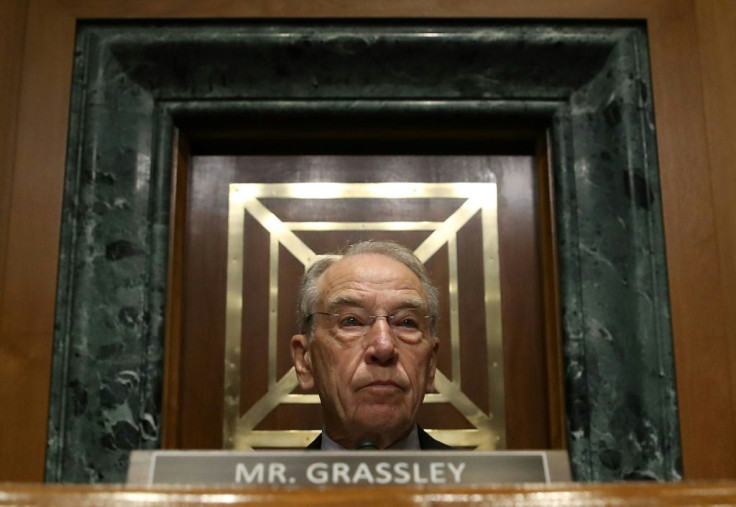Clock Ticking On USMCA Ratification: US Senator

House Democrats and the White House must reach a bargain this week to implement the new North American trade pact or Congress may run out of time to ratify it before the year is out, an influential US senator said Monday.
"The end of this year's legislative session is rapidly approaching," Iowa Republican Chuck Grassley said on the Senate floor.
"If a deal cannot be reached by the end of this week, I do not see how the USMCA can be ratified in the year we're in," said Grassley, who currently chairs the Senate Finance Committee.
The comments come after a flurry of activity on the trade pact last week, when House Speaker Nancy Pelosi said the sides were "within range" of a deal that would win approval from Democrats.
After weeks of talks with Pelosi and other legislators, US Trade Representative Robert Lighthizer held talks with his Canadian and Mexican counterparts on Wednesday.
Democrats, led by Pelosi, are pushing for better enforcement mechanisms for the labor and environmental standards in the new regional trade pact that is designed to update the 1994 North American Free Trade Agreement.
A year ago, the United States, Mexico and Canada signed an update to NAFTA, changing rules on auto and digital trade, Mexican labor laws, intellectual property and dispute settlement systems for investors.
Mexican lawmakers ratified the deal in June but Democrats in Washington and US labor leaders have raised concerns -- looking for stronger guarantees that new Mexican labor laws will be enforced.
The timetable for US ratification is seen as especially tight, given the coming election season.
"Now is the time for the Democrat-controlled House of Representatives to act so we can act now in the United States Senate," Grassley said.
His heavily agricultural home state of Iowa has been caught in the crossfire of President Donald Trump's trade offensives in which China and Europe have slapped tariffs on US agricultural exports.
© Copyright AFP 2024. All rights reserved.





















